How Illegal Mining Is Contributing To Local Conflicts In Nigeria
Sometimes funders of illegal mining fight over control of the mining fields and this often leads to violent conflicts.
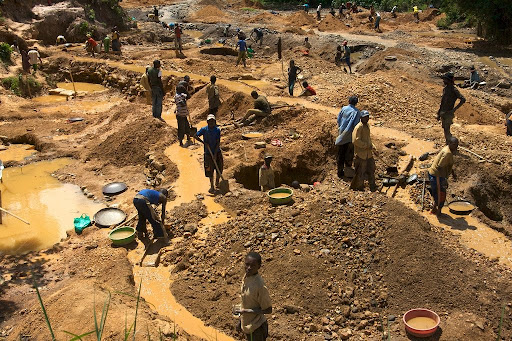
For Kanti Kareem, a formal education is a waste of time. He admires the way his friends spend generously every evening. Though they are teenagers, they are already ‘breadwinners’ in their homes.
He was moved by this and decided to drop out in Senior Secondary School 2 (SSS2) to join his colleagues in illegal mining. Two months after taking this decision, the federal government gave an order for stoppage of illegal mining in Zamfara, Northwest Nigeria.
Kareem later joined his friend in June 2019, on a night journey to Ifewara, Osun State, Southwest region of the country to continue his mining business.
“I was going to school and even got flogged for coming late sometimes. There were my friends who were digging gold and making money from it. I had to join them in the trade. But it was like two months after I joined that the government started using police and soldiers to pursue us.”
Like Kareem, many illegal miners are scattered across Nigeria, carrying out dangerous mining activities capable of endangering the environment. Their activities are aided by top politicians and the police who capitalise on regulatory failures.
Section 44 (3) of the Nigerian Minerals and Mining law of 1999 provides that ownership and control of all minerals in Nigeria is vested in the federal government, which is mandated to manage such natural resources in a manner as may be prescribed by the National Assembly.
Any operator without a licence from the government is deemed to be carrying out illegal activities and such person may be arrested and tried at a Federal High Court.
The Illegal Trade
For Mustapha Aliyu, he digs the earth and shovels sludge daily, hoping to hit gold that will turn his life around someday.
Aliyu sends his earnings from the illegal mining activities to his parents and sometimes he also buys clothes for himself. Asked when he would quit and return to Zamfara, he simply said “you want me to leave what is bringing food on my table? I will go back when I make enough money for myself but not for now.”

These illegal miners dig pits of up to 200 metres radius without the use of any machine, boots, helmets, or any other safety equipment.
Sources in the Ifewara community told our reporter that sometimes the earth falls on illegal miners and they lose their lives in forests. In some cases, the illegal mining process is done on the roadside without fear of arrest.
This is because those who buy gold from them have links with the police and politicians in the communities. On how much they make, HumAngle gathered that a gram of gold is sold for N10,000.
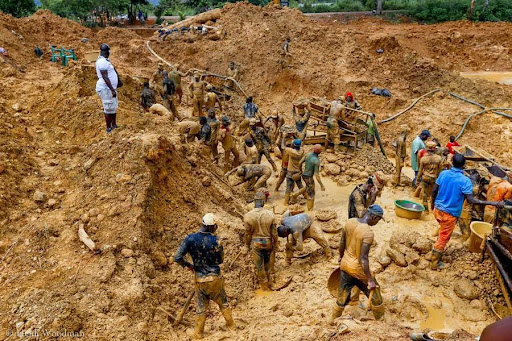
Asides that illegal mining activities destroy landscapes, lush vegetation, lead to erosion, the formation of sinkholes, loss of biodiversity and contamination of soil, they also contribute to local conflicts.
Residents told our reporter that illegal miners sometimes clash with their ‘Chinese’ bosses who acquired land for their illegal activities.
“There was a time when two Chinese expatriates were kidnapped for two weeks by miners because he did not pay them for their services. He was released after ransom was paid,” a source in the community who pleaded anonymity because of fear of attack said.
On how mining sites are acquired, HumAngle learnt that miners reach out to owners of farms and community leaders who always give them permission after collecting money.
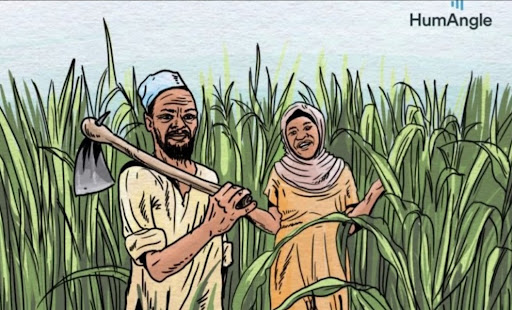
The Criminality Is Pervasive
In 2019, a young man in Ifewara went farming but never returned. He was allegedly killed by illegal miners. The deceased’s father sold his farm to Chinese miners who warned him never to visit the farm again but he did not inform his son, our reporter learnt.
HumAngle also gathered that recently, a fight broke out between illegal miners and residents of Ipindo community in Osun.
“The residents complained about erosion and contaminated water. After several agitations with no response, they decided to stop the activities of the illegal miners themselves. They went to stop them on their site and a fight broke out. It took the intervention of the local chiefs to douse the tension. If not, it would have degenerated into a major crisis,” Rotimi Afolabi, one of the residents in the affected community narrated.
Sometimes, funders of illegal mining also fight over control of mining fields and this often leads to violent conflicts.
Authorities Link Insecurity To Illegal Mining Activities
The federal government in 2019 took proactive measures against illegal mining in Zamfara, saying activities contribute to kidnappings and killings in the state.
Reports have it that about 80 per cent of mining in the Northwest region is carried out illegally and on an artisanal basis by local populations.
In Nov. 2020, Katsina State Government said illegal mining is the wheel that propels armed ‘banditry’ in Katsina and neighbouring states in Northwest Nigeria.
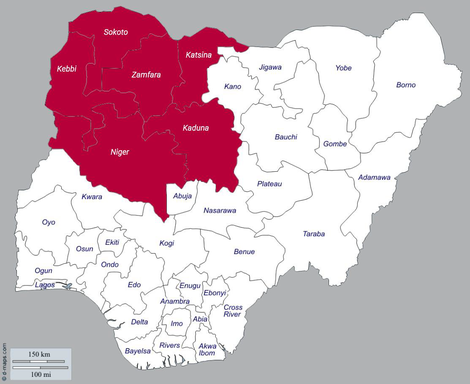
According to the state’s commissioner of Rural Development, Mustapha Bello, bandits use weapons to disperse innocent rural people to have access to the mineral resources.
President Muhammadu Buhari agreed that illegal mining activities fuel the crisis in local communities. His spokesman, Garba Shehu, recently said “there is a strong suspicion that some choppers are being used to ferry arms for bandits and also to evacuate gold illegally smuggled out of the country.”
Also, the chairman of the Association of Licensed Small Scale Mining Operators of Nigeria (ALSSMON), Olugbenga Ajala, while speaking with journalists in Mar. 2021, said terrorism financing through illegal mining happening in Nigeria is regrettably disappointing.
The federal government has also accused some top political ‘godfathers’ of backing illegal mining activities in the country.
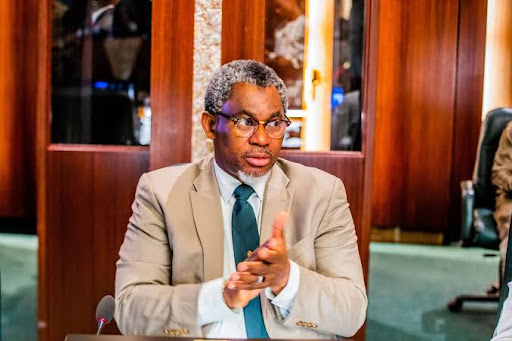
The Minister of Mines and Steel Development, Olamilekan Adegbite, said politicians often put pressure on the government to free Chinese nationals and locals arrested for illegal mining, a development that lends credence to the existence of a powerful network of organised criminals.
To address this challenge, a security expert, Lekan Alani, said Nigeria needs to deal with foreign illegal miners through diplomatic channels, and ensure security operatives do not cooperate with members of organised crime in the country.
Support Our Journalism
There are millions of ordinary people affected by conflict in Africa whose stories are missing in the mainstream media. HumAngle is determined to tell those challenging and under-reported stories, hoping that the people impacted by these conflicts will find the safety and security they deserve.
To ensure that we continue to provide public service coverage, we have a small favour to ask you. We want you to be part of our journalistic endeavour by contributing a token to us.
Your donation will further promote a robust, free, and independent media.
Donate HereStay Closer To The Stories That Matter




